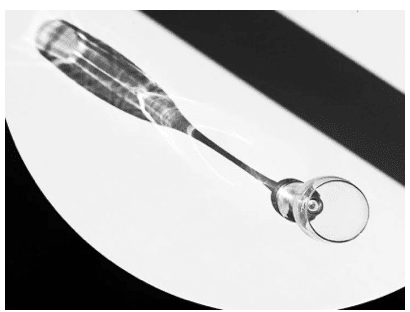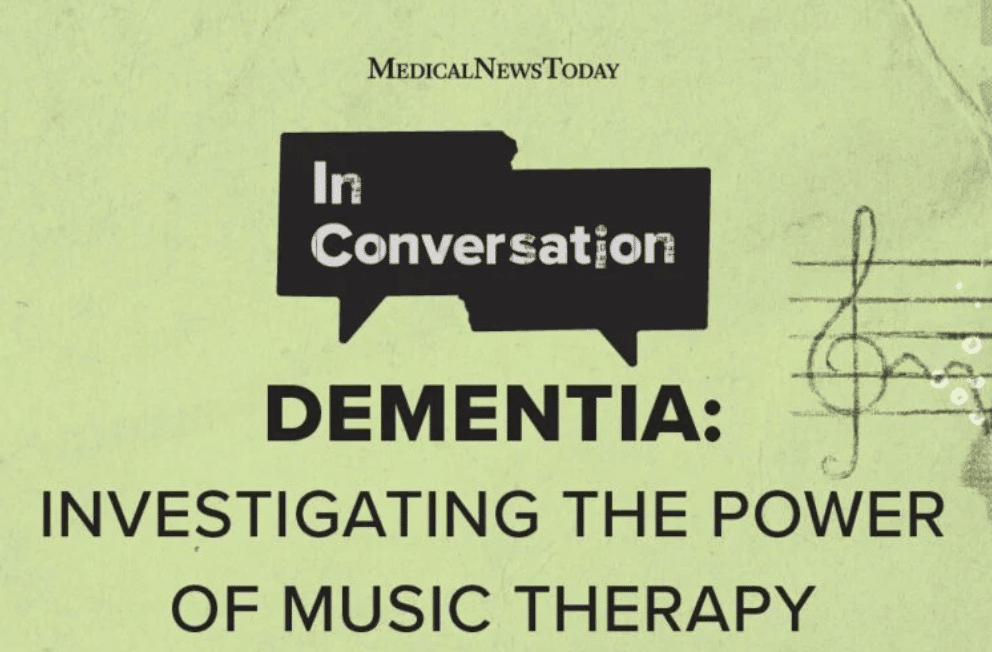Turns out, there’s yet another reason to be wary of saturated fats. A study published in Brain, Behavior and Immunity, a peer-reviewed journal, pointed out that a diet high in saturated fats during adolescence can increase a person’s risk of developing post-traumatic stress disorder (PTSD) as an adult.
The study involved 72 adolescent rats that were fed either a control diet or one that is equivalent to a high-fat Western diet in humans. The researchers then put the rats through procedures that tested their phasic and sustained fear responses.
Their findings were interesting. The rats who were on the “Western” diet showed attenuated fear learning and fear extinction. Organisms – people included – tend to develop specific responses to certain stimuli. For example, a person who was attacked by a dog may develop fear from just the sound of a canine’s barking.
But over time, these responses fade or become “extinct,” especially if the stimulus is eventually dissociated from the experience that triggered the response in the first place. For instance, having plenty of positive experiences with dogs may cause the person in the previous example to lose their fear of barking sounds.
In the rat study, both the process of learning and losing the response were impaired in the rats that consumed the high-saturated fat diet. The researchers believe that in humans, such impairments could eventually lead to symptoms of PTSD, a mental health condition characterized by flashbacks, anxiety, and nightmares, and is triggered by an especially terrifying event. PTSD is common among army veterans who have had particularly traumatizing experiences during their service.
100% organic essential oil sets now available for your home and personal care, including Rosemary, Oregano, Eucalyptus, Tea Tree, Clary Sage and more, all 100% organic and laboratory tested for safety. A multitude of uses, from stress reduction to topical first aid. See the complete listing here, and help support this news site.
The researchers suggest that the consumption of an obesogenic diet could have damaged the components of the fear circuitry in the rats’ brain long-term. According to them, this raises concern over the possible impacts of obesity and a diet rich in saturated fats on people’s psychological well-being.
Where do you get saturated fats?
Over the years, the opinion on fat has changed much. It is now known that not all fats are bad – those from sources like olive oil, nuts, seeds, and fatty fish are actually good for the body. Most saturated fats, however, remain linked to many health problems.
The following foods are rich in saturated fats and should be consumed at a minimum:
- Dairy products – Regular cheese, milk, and ice cream are all rich in saturated fats. Dairy products exist in so many forms, from coffee creamers to the cream used in soups, that it’s so easy to consume a lot of them without one knowing. If one must consume dairy, it’s best to opt for low-fat options.
- Meat products – Pork, beef, and lamb are notorious for their saturated fat content. Needless to say, this is true even for processed products that are made from them, such as bacon, sausages, and hotdogs. Instead of consuming these, one can opt for lean meat cuts or just consume poultry but without the skin. Chicken and turkey are excellent sources of protein but are not as fatty. One may also get their protein from nuts, seeds, vegetables, and other plant sources.
- Unhealthy oils – This category includes butter, lard, and mayonnaise. Cooking foods in these fats – frying or searing them, for example – can add saturated fats to these foods as well. The best way to avoid getting unnecessary saturated fats from these sources is to change the way one’s food is cooked. Methods like baking and steaming are preferable. One may also opt for healthier oils, such as olive oil, which is known to contain nutrients that contribute to overall health.
How many pounds have you lost this month? At Dieta Efectiva you can lose 10-12 lbs your first week and 2-5 lbs every week after. Visit us dietaefectiva.netto learn more about our program.







